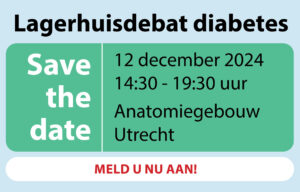Observations of a metabolically unhealthy normal weight phenotype suggest that a lack of favorable adiposity contributes to an increased risk of type 2 diabetes. We aimed to identify causal blood biomarkers linking favorable adiposity with type 2 diabetes risk for use in cardiometabolic risk assessments.
A weighted polygenic risk score (PRS) underpinning metabolically favorable adiposity was validated in the UK Biobank (n = 341,872) and the Outcome Reduction With Initial Glargine Intervention (ORIGIN Trial) (n = 8,197) and tested for association with 238 blood biomarkers. Associated biomarkers were investigated for causation with type 2 diabetes risk using Mendelian randomization and for its performance in predictive models for incident major adverse cardiovascular events (MACE).
Of the 238 biomarkers tested, only insulin-like growth factor–binding protein (IGFBP)-3 concentration was associated with the PRS, where a 1 unit increase in PRS predicted a 0.28-SD decrease in IGFBP-3 blood levels (P < 0.05/238). Higher IGFBP-3 levels causally increased type 2 diabetes risk (odds ratio 1.26 per 1 SD genetically determined IGFBP-3 level [95% CI 1.11–1.43]) and predicted a higher incidence of MACE (hazard ratio 1.13 per 1 SD IGFBP-3 concentration [95% CI 1.07–1.20]). Adding IGFBP-3 concentrations to the standard clinical assessment of metabolic health enhanced the prediction of incident MACE, with a net reclassification improvement of 11.5% in normal weight individuals (P = 0.004).
We identified IGFBP-3 as a novel biomarker linking a lack of favorable adiposity with type 2 diabetes risk and a predictive marker for incident cardiovascular events. Using IGFBP-3 blood concentrations may improve the risk assessment of cardiometabolic diseases.


